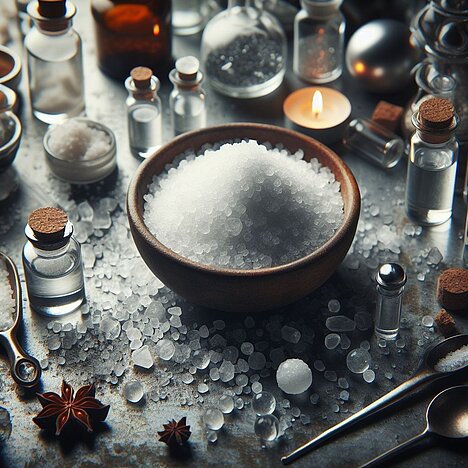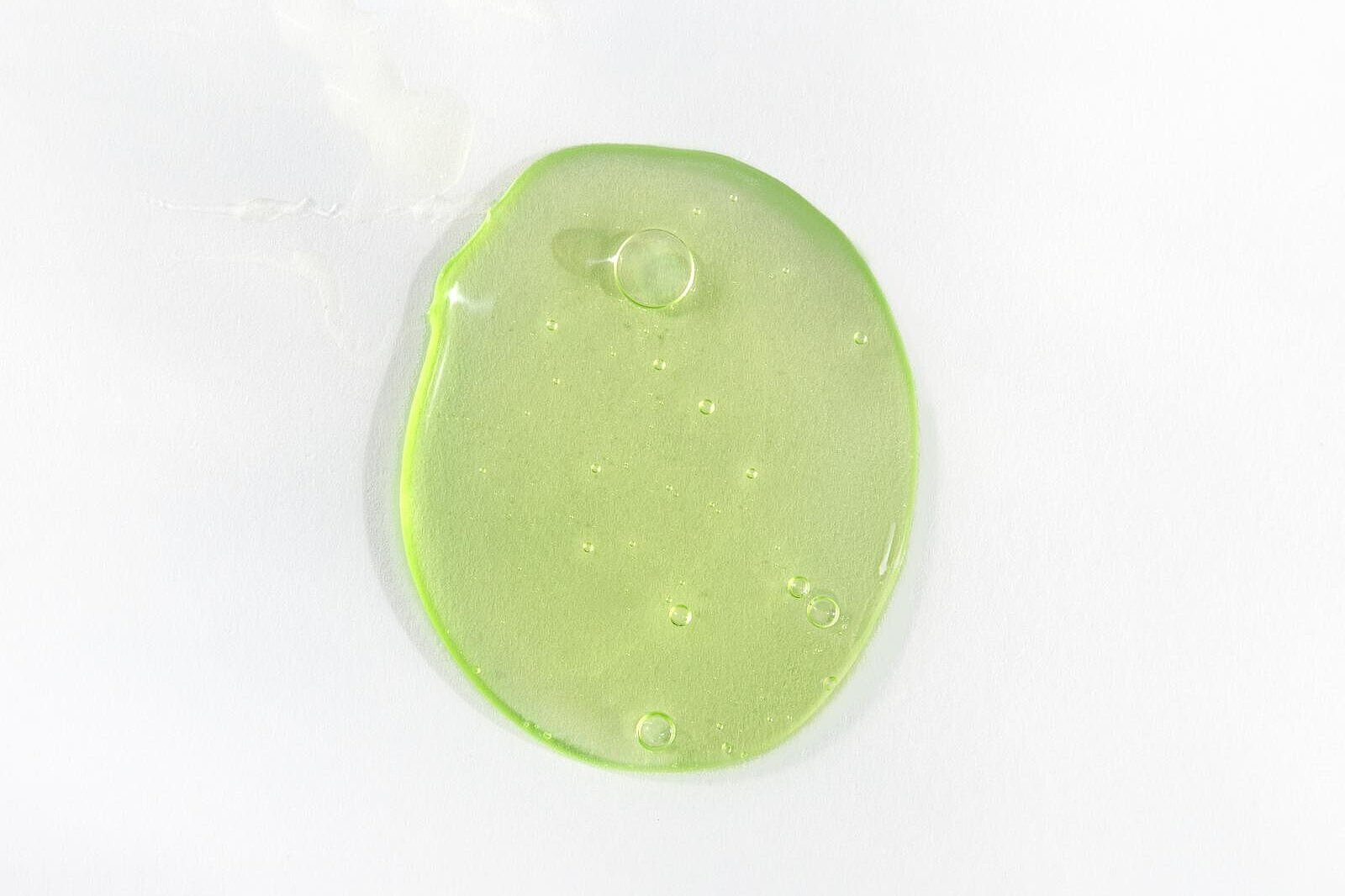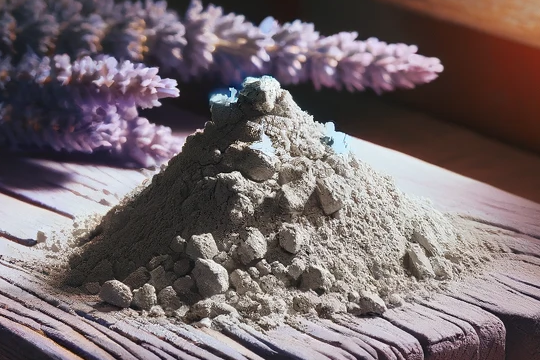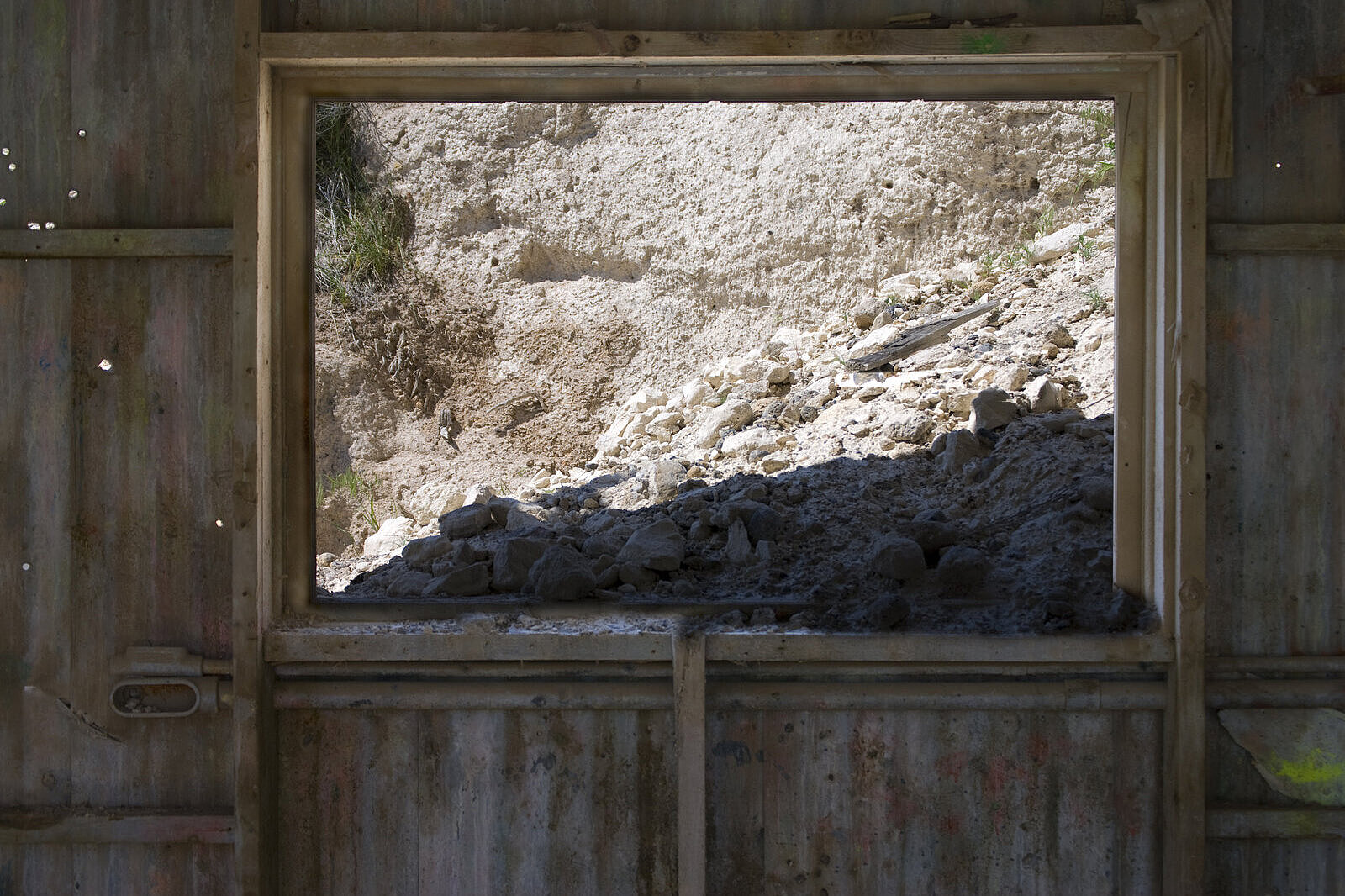Silica gel

In the endless variety of products and ingredients available for the health and well-being of our dogs, one name crops up again and again: Silica gel. But what is behind this material, and is it really a good choice for our four-legged friends? This article dives deep into the subject, examining the properties of silica gel, its potential benefits and possible drawbacks for dogs, and giving you all the information you need to make an informed decision.
What is silica gel?
Silica gel, often incorrectly referred to as "silica gel", is a highly porous, granular form of silicon dioxide made from sand. It is best known for its ability to absorb moisture, making it a common additive in packaging to control moisture and therefore the shelf life of products. Silica gel is also used in various other areas, from the desiccant industry to chromatography.
Advantages of silica gel for dogs
Moisture control
Silica gel can help keep your dog's environment dry. This is especially useful in humid climates or in areas where dogs sleep or play to prevent mold and mites from forming.
Odor control
Some types of silica gel are able to absorb odors. This can help minimize odor in areas where dogs live or perform their needs.
Disadvantages and risks
Risk of ingestion
Although silica gel is generally considered non-toxic, ingestion of larger amounts can lead to intestinal blockages or other gastrointestinal problems. This is a particular risk with smaller dogs or puppies who tend to explore everything by putting it in their mouths.
Irritation
Silica gel can irritate the skin, eyes and respiratory tract on direct contact. Dogs that are sensitive to dust or small particles may show symptoms such as sneezing, coughing or eye irritation after exposure to silica gel.
Environmental concerns
Although silica gel is made from sand, a natural material, its disposal raises environmental concerns. Proper disposal of silica gel, especially when saturated with harmful substances, is important to minimize environmental impact.
Selection and application of silica gel
If you use silica gel in your household, make sure it is stored safely and out of your dog's reach. Products containing silica gel should be carefully monitored to ensure that your dog does not accidentally gain access to it.
A double-edged sword
Silica gel undoubtedly offers some benefits in terms of moisture control and odor retention, but these benefits do not come without risks. The potential risk of ingestion and the possibility of irritation are serious considerations that every dog owner should take into account. As with any product used around pets, caution should be exercised. Making an informed decision that takes into account your dog's specific needs and behavior is the key to safe silica gel use in a pet-friendly household.
If you notice any signs of hypersensitivity or poisoning in your dog, you should see your vet immediately. We are not a substitute for a vet, but we try to be as accurate as possible. Every dog reacts differently and we recommend you get a second opinion or consult your vet if in doubt.
Stay healthy and take good care of your four-legged friend!😊
Similar to Silica gel
Zeolite is a naturally occurring, microporous mineral with a unique crystalline structure consisting of aluminum, silicon and oxygen. Its special ability to exchange ions and adsorb molecules makes...
Silica has several positive effects on the dog's body: It promotes the formation of collagen, a protein responsible for the elasticity and firmness of the skin. As a result, it can prevent or...
Bentonite is a fine powder consisting of various clay minerals. The most important are montmorillonite, kaolinite and illite. These minerals have a platelet-like structure that can swell in water...
Diatomaceous earth is a natural substance that contains no chemical additives. It is rich in silicon and other minerals that are important for the health of skin, hair and nails. Diatomaceous earth...



